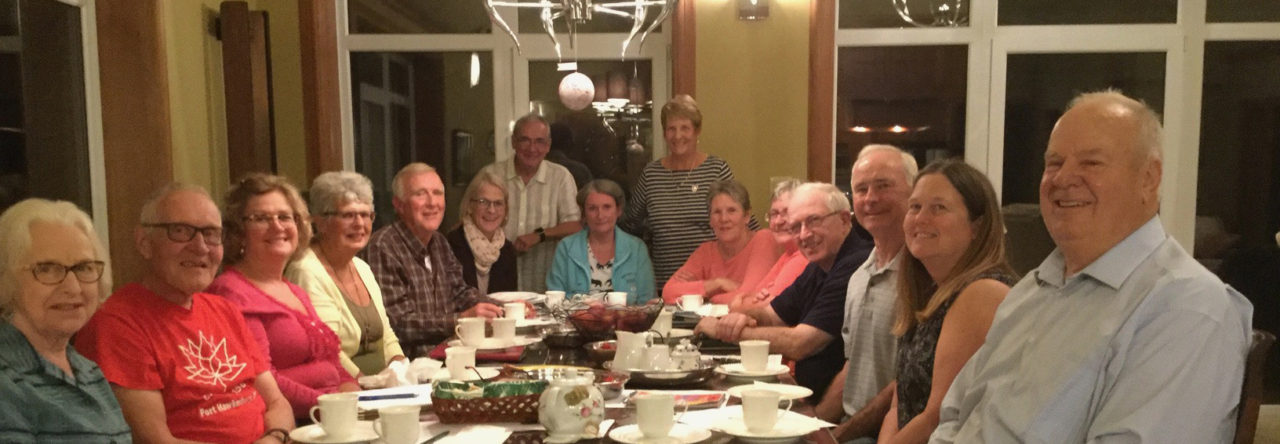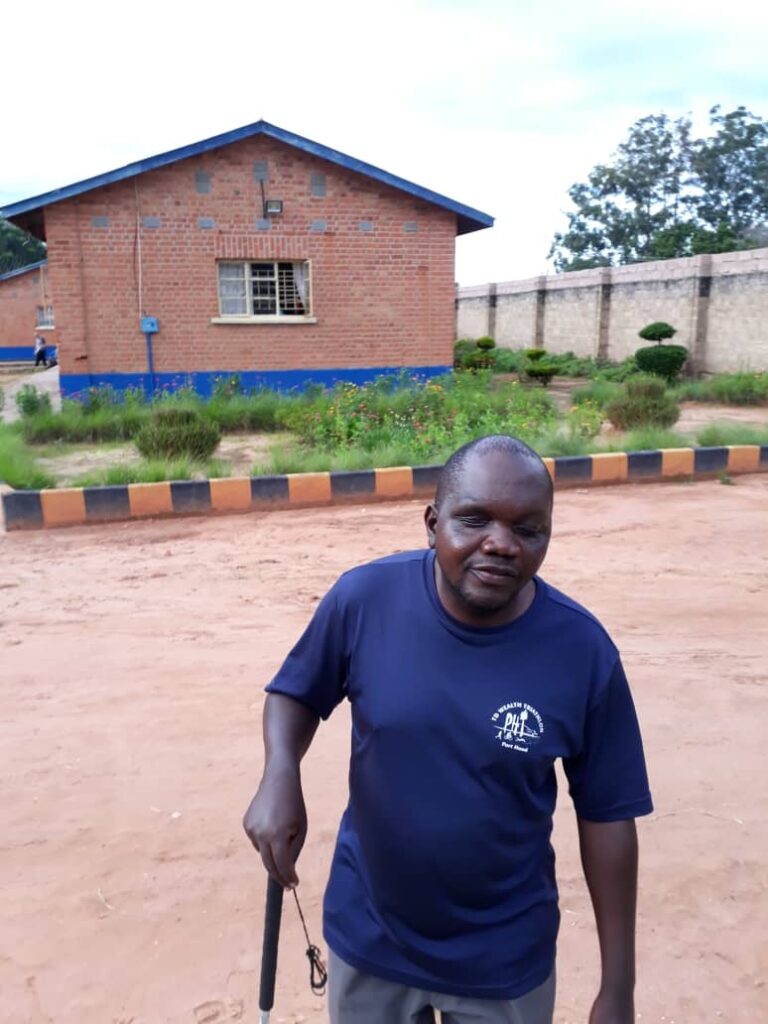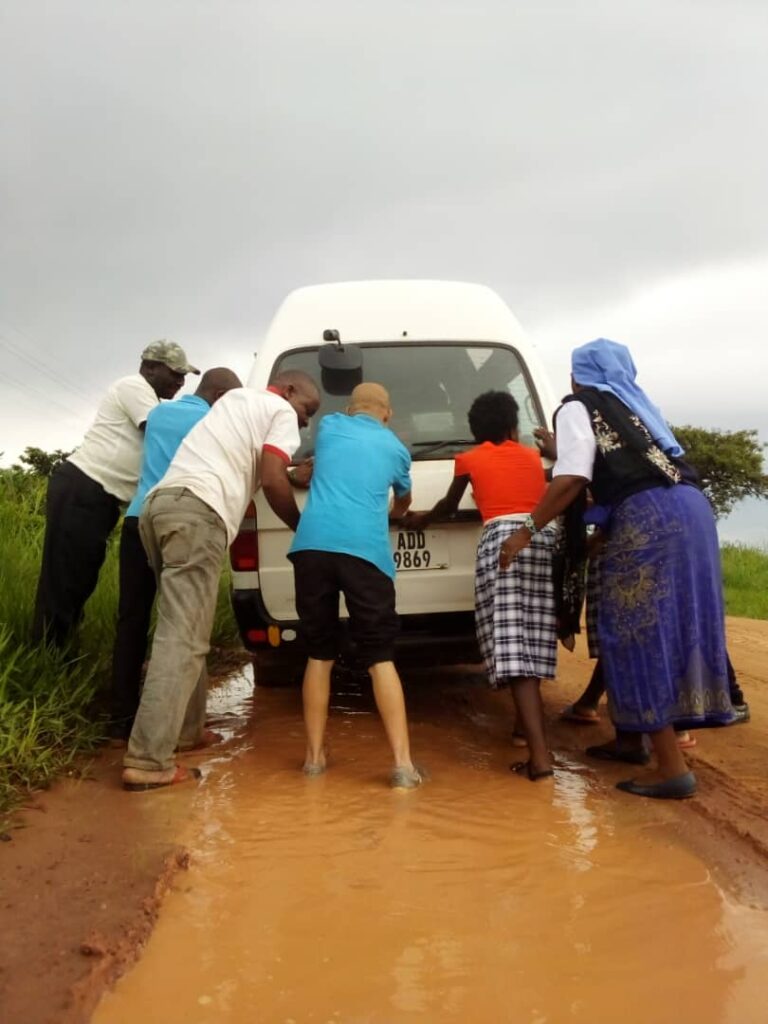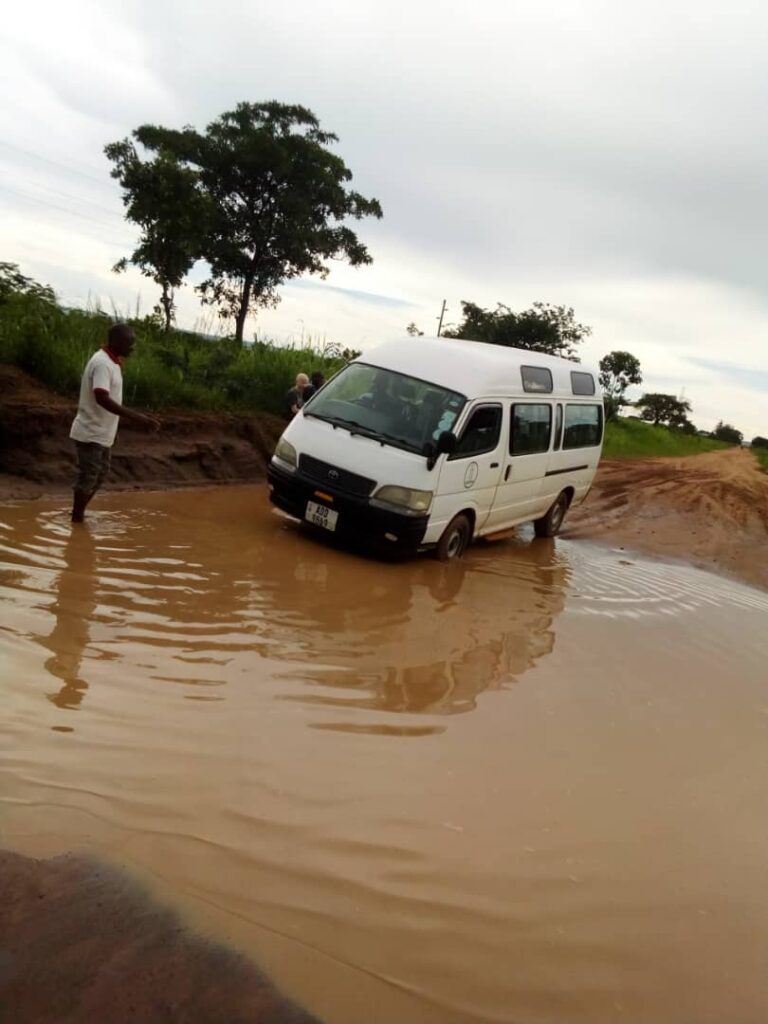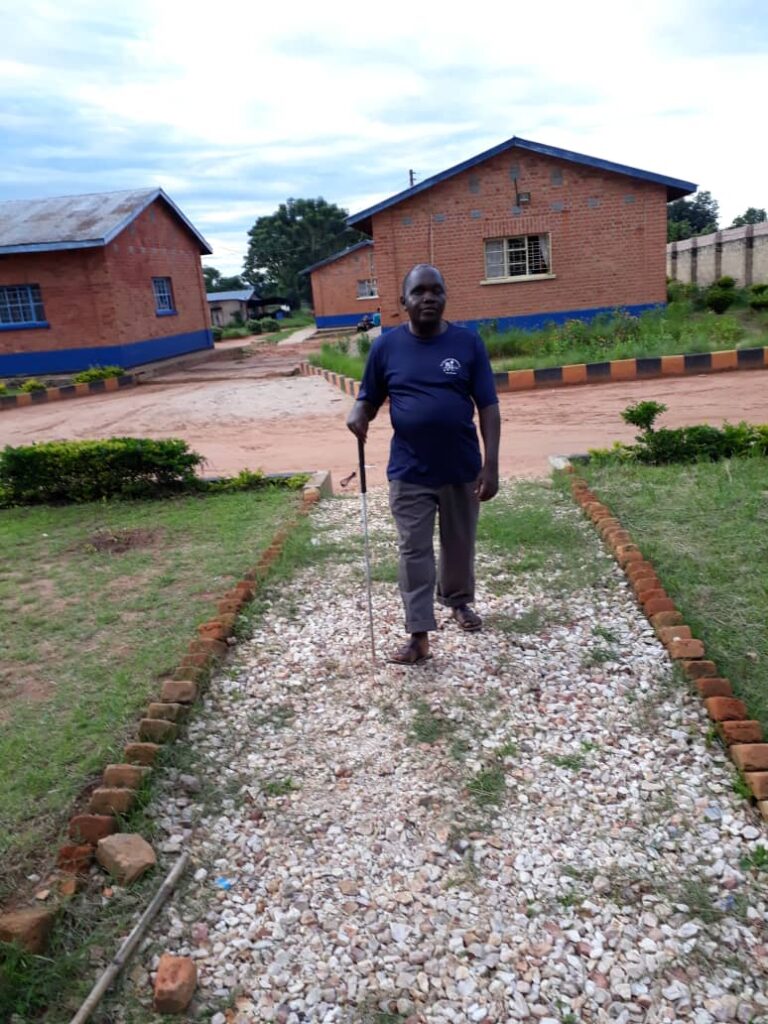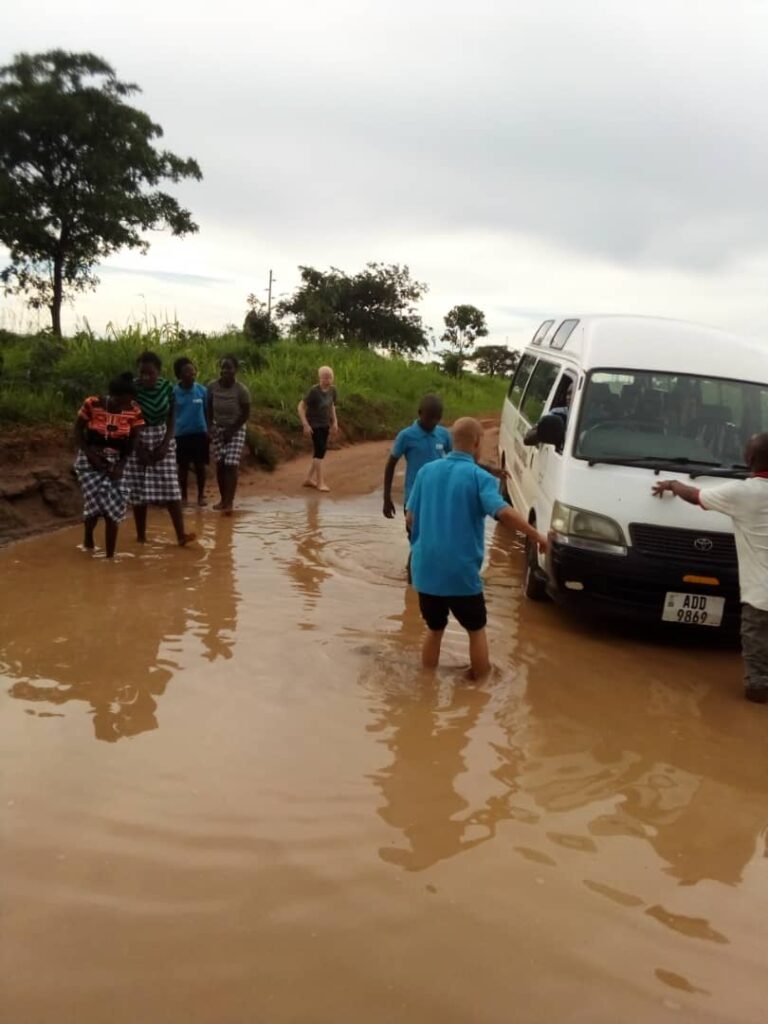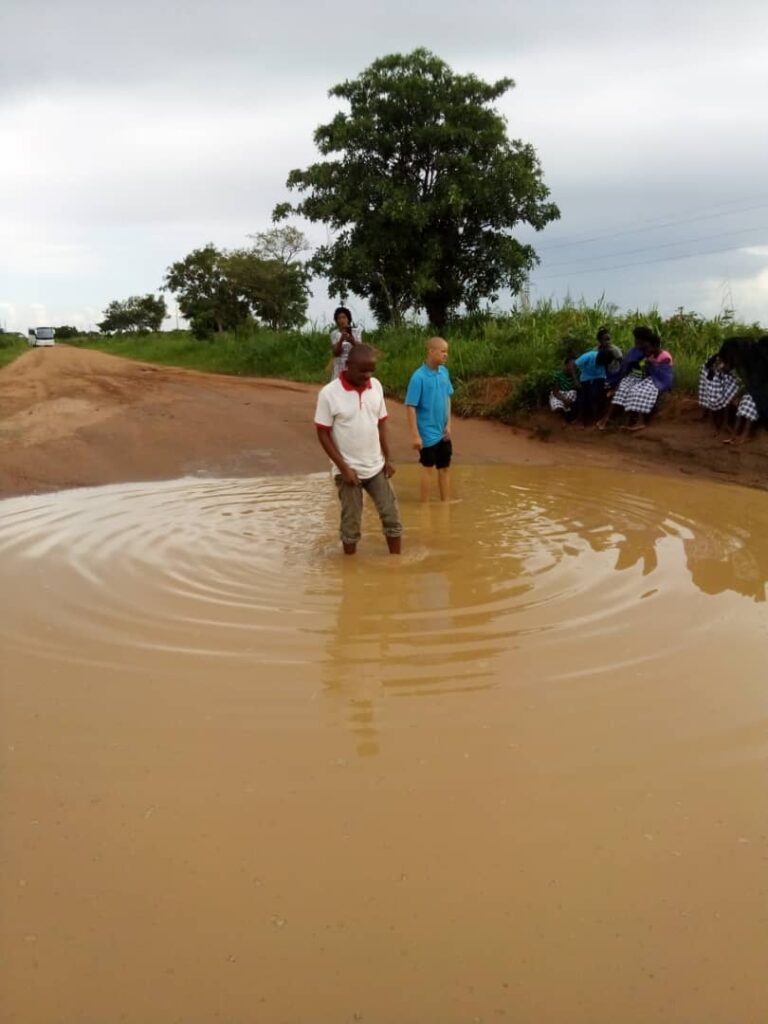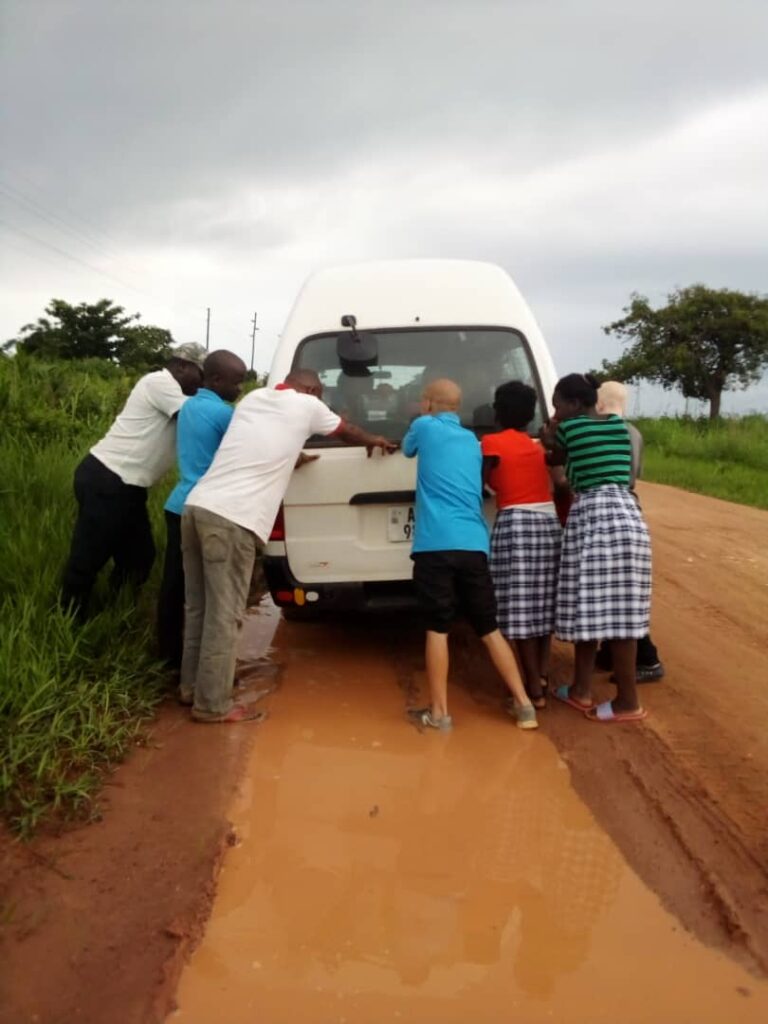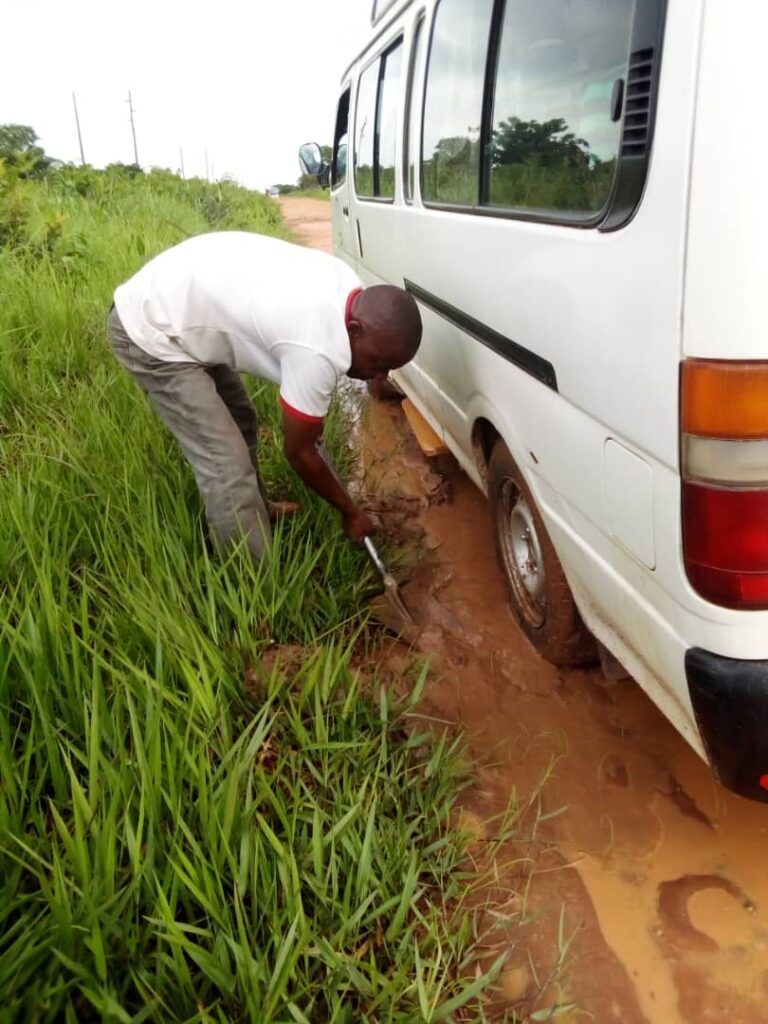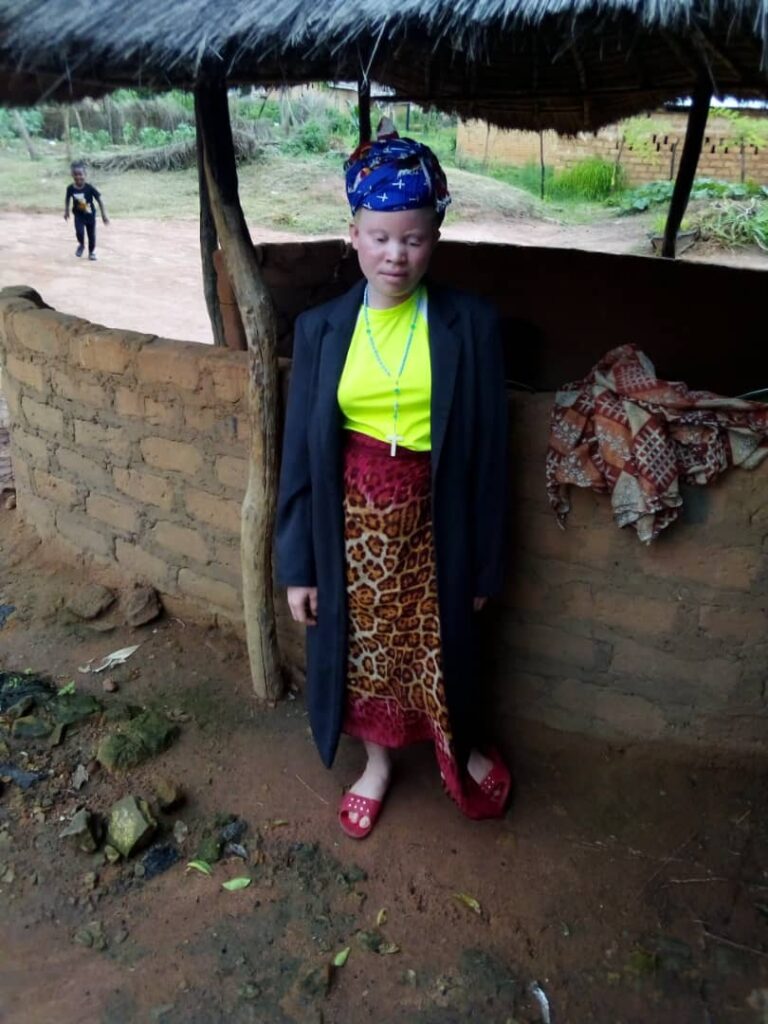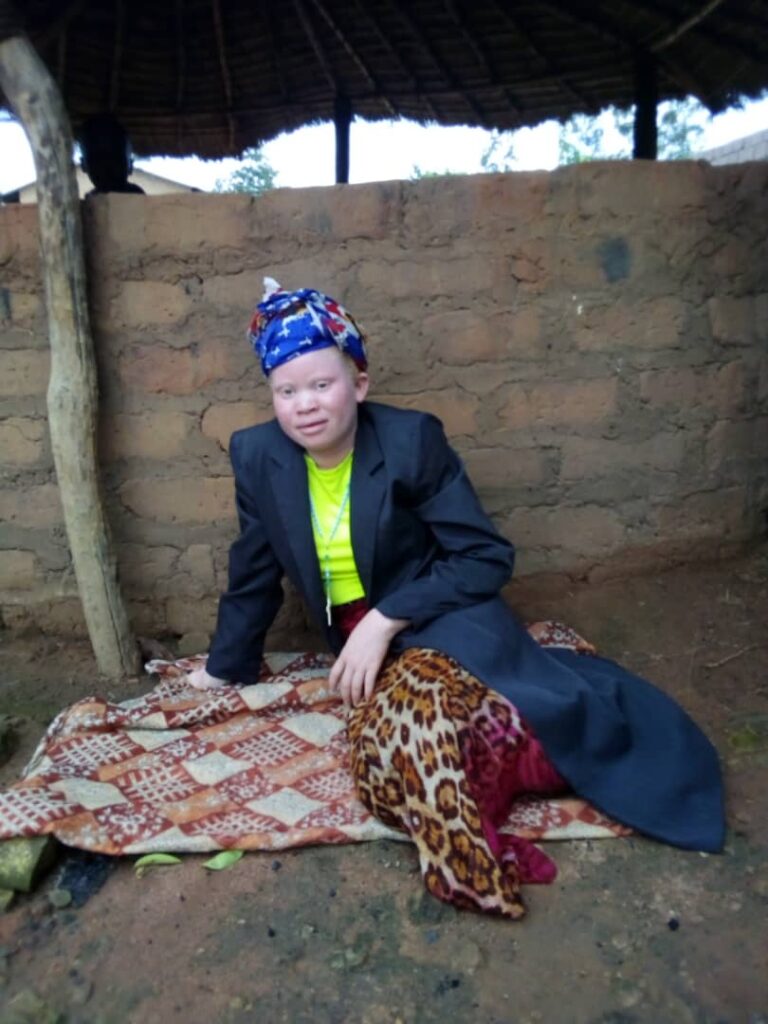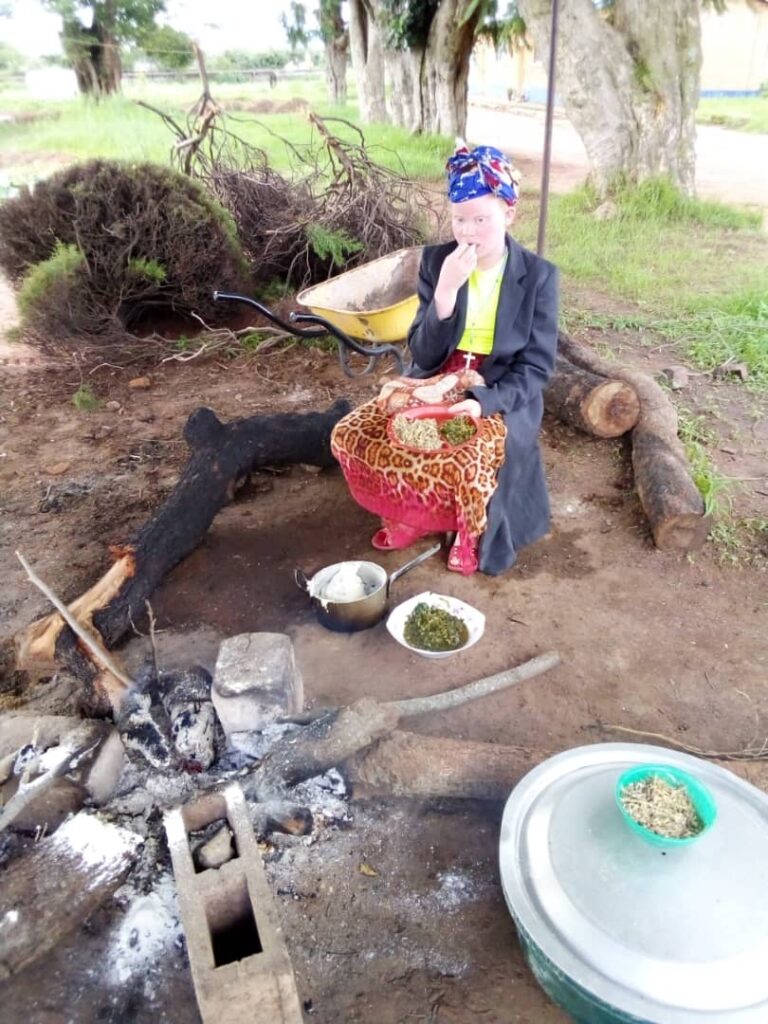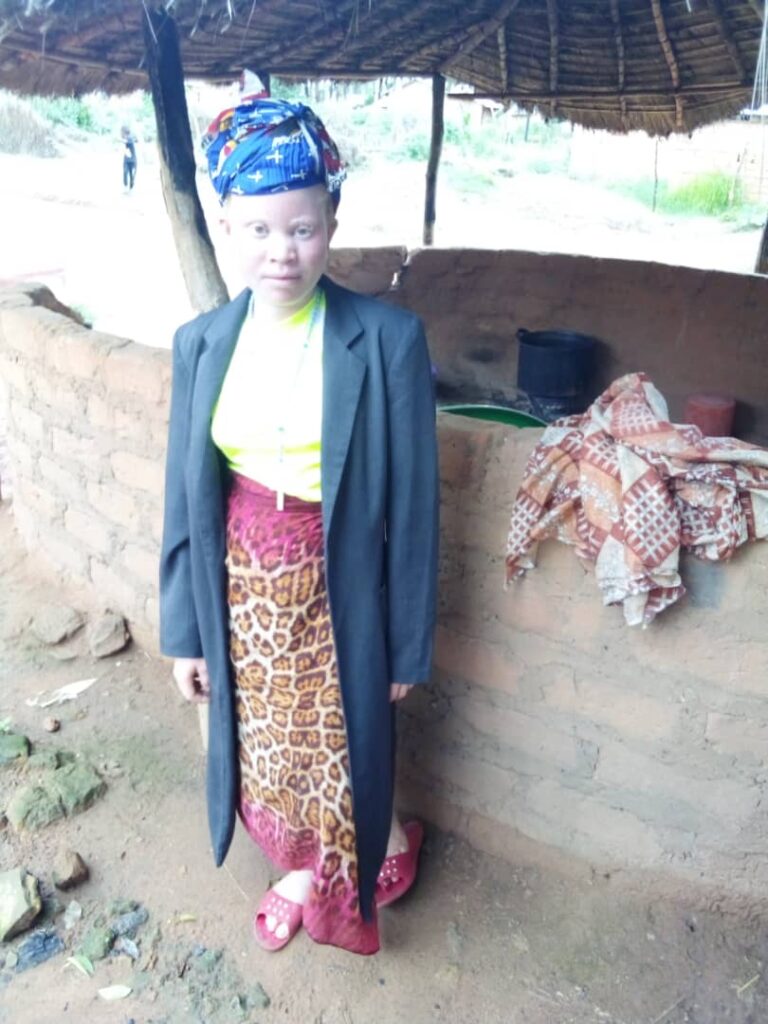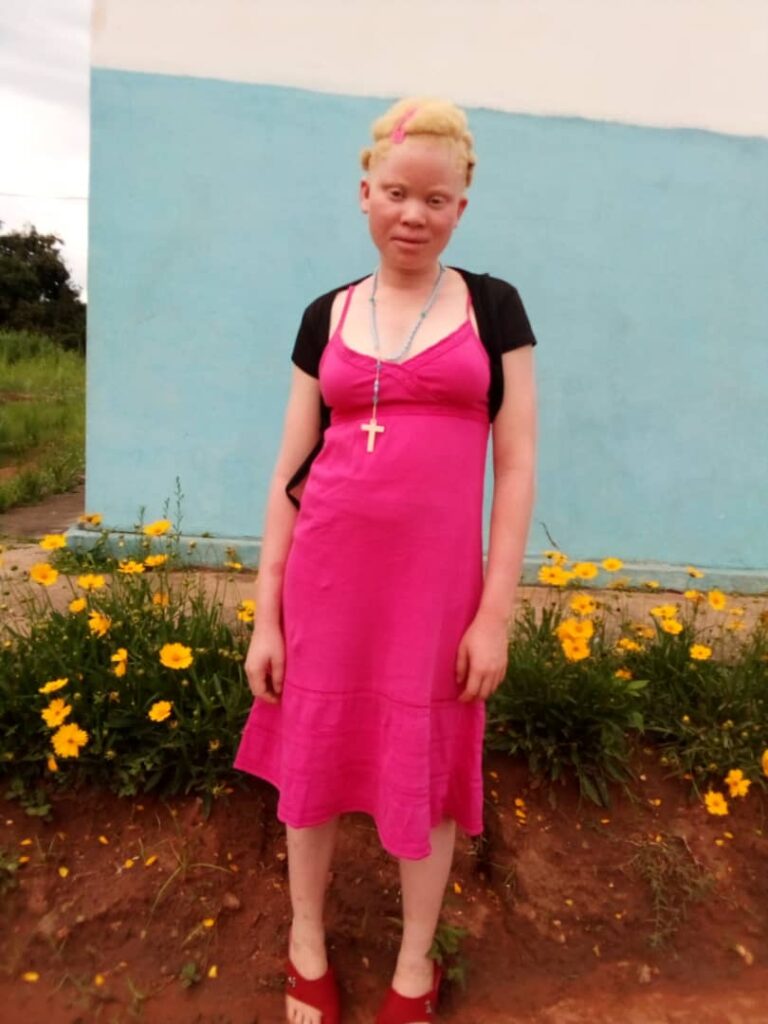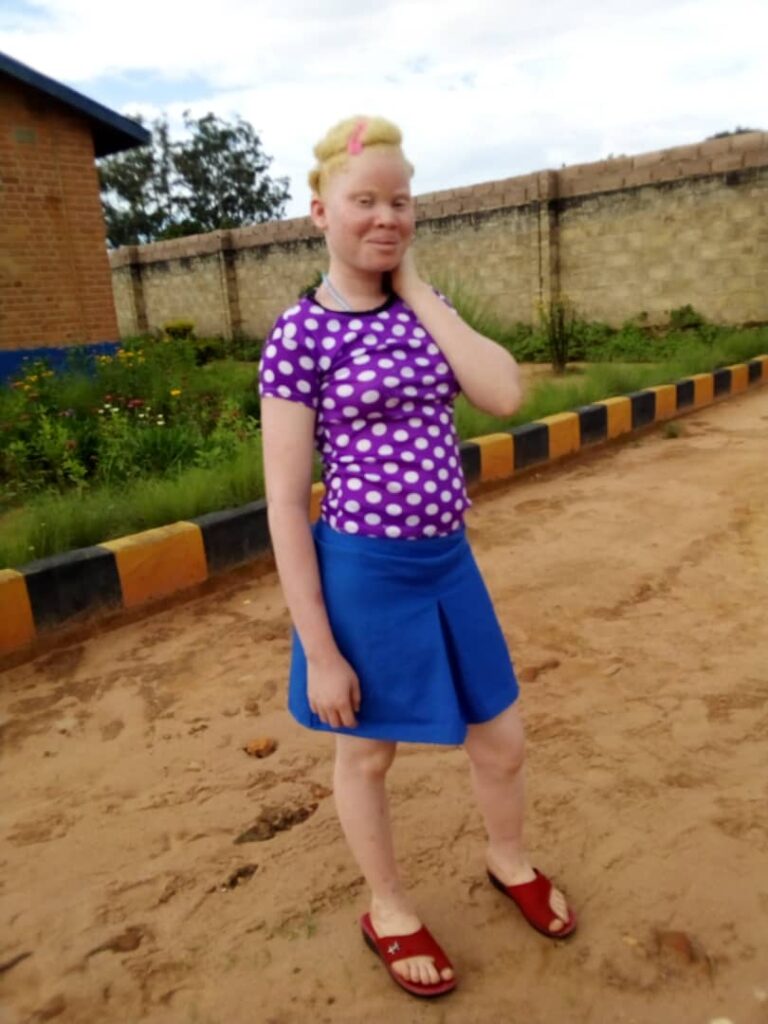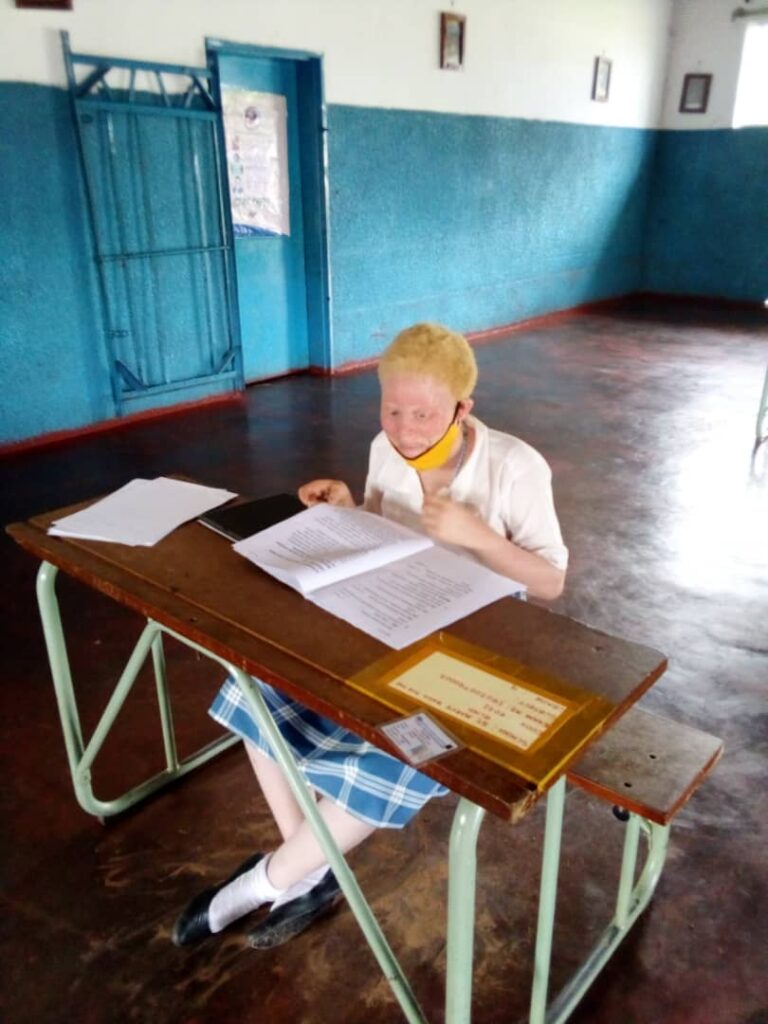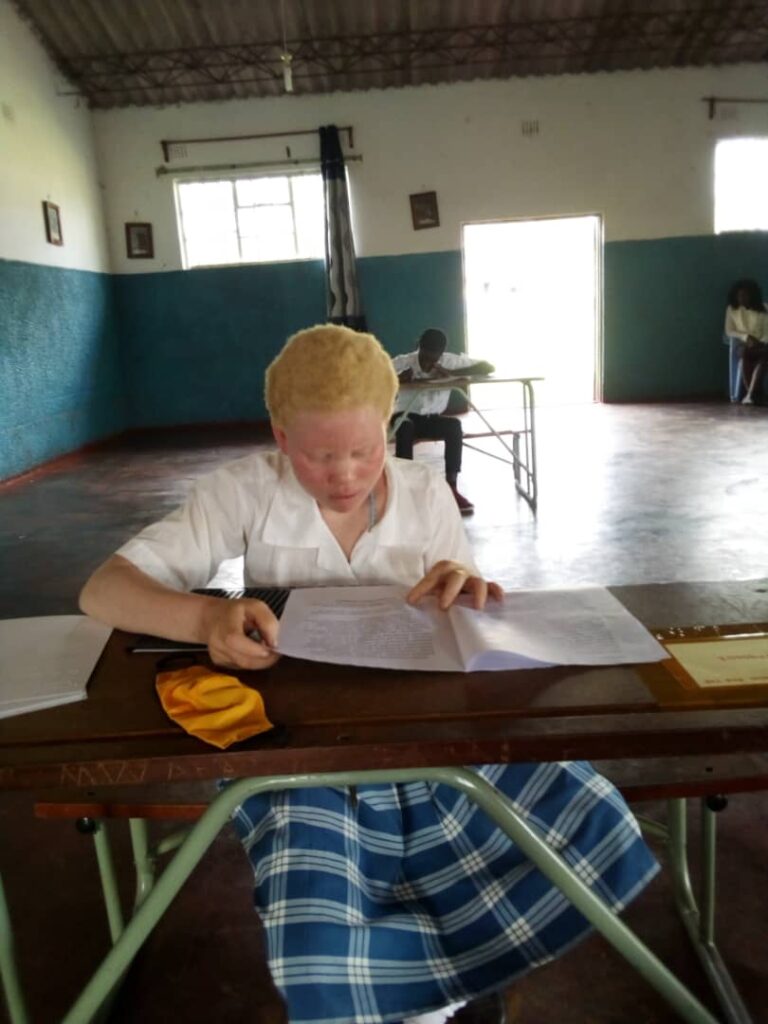By: Brian Musonda
I am Brian Musonda born with little sight and my sight diminishes every year. It took time for my family members to accept that one day I would be totally blind. I have accepted it myself. What did I do! I started working on my SELF CONFIDENCE.
I am a former student of St Mary’s Special School in Kawambwa. I started school in 2006 when I was ten years old and attended up to 2012.
During this period of my stay at St Mary’s, l learned a lot of things inside and outside class. One outstanding benefit was learning to play a guitar. The school has a band club where I joined and maximised my time and interest until I became a good guitar player and a good singer. In the evenings I would gather small pupils and would sing for and with them. That was the time I learned I could differentiate the voices. I was then singing bass. At that time, it came into my mind that I should know how to sing the four main voices and I managed with the help of my teachers. When I was in grade five I was introduced to the drums and the keyboard and as I played these instruments my interest grew. I became the band-leader, this responsibility boosted my confidence and within my heart I started feeling good. During Sunday mass, instruments were played and during this time I felt God’s presence especially when I receive comments like, “Brian and your team plays the instruments so well, you helped me to pray.” I can tell you my inner self was filled with joy.
In 2013 I qualified for grade ten and I joined another school called Mwense Secondary School in another district. This school had no musical instruments, so I collected empty plastic containers and metal tins and I made instruments. Every evening in my hostel, I would play and my friends would dance. It was a good entertainment and I was nicknamed “Gatherer”. Even today I am identified by the same nickname and I have accepted this positively as it is helping me to develop my self-confidence. (I am soon going to compose a song about my nickname). Playing these instruments sustained my school life and it provided me some with financial help for my school upkeep. This small amount of money helped me buy manilla papers for my class exercises. I am happy to say that I managed to buy my own Braille slate which I am still using today.
I completed my secondary education, and joined the teacher training college in the central province. There I pursued a diploma in primary education and the college had musical instruments for me to use. I enjoyed my learning, and we joined hands with a musical mentor. We formed a college band group and became popular. We performed at many occasions, youth day, Independence-day and any national festival. My nickname now had a great meaning.
I completed my studies in 2020 and I am waiting for the examination results and graduation day.
I am again back at my first school, St Mary’s Special School in Kawambwa. I am teaching classes and teaching music. May I take this opportunity to acknowledge the effort made by Betty Jane, John and Charlotte, of Inverness County Cares when they visited our School. They gave us musical instruments (keyboard, guitars, violins, etc.) Betty Jane not only gave us instruments, but taught me how to play and how to write musical notes. My time with Betty Jane was very valuable for she added to my skills. What a blessing!
This time my goal is to develop my talent and the talents of my fellow blind persons. When I am teaching, I don’t segregate, l teach both boys and girls regardless of their visual acuity. I aim to fulfill our school motto “Equal Opportunities with the Sighted World” and “Disability is not inability”.
In conclusion, music helps me to express, my feelings, emotions and to deliver the message to the community. Self-confidence is key. May our supporters be showered by the grace of God to continue helping the disabled and the vulnerable.
Inverness County Cares (ICC) works in partnership with Chalice Canada, an international aid organization based in Halifax, to support the two schools under the name of the Kawambwa Project. The schools St. Mary and St. Odilia are located in northern Zambia where they educate and care for albino, blind, visually impaired and other vulnerable students. Inverness County Cares always welcomes new members. Those who wish to donate, can use the donate button on our website http://invernesscountycares.com When using E-transfer, please include your mailing address for CRA tax receipts and a thank you. E-transfer address: [email protected] or send a cheque to Inverness County Cares Box 99, Judique, NS, Canada, B0E1P0. Taxation receipts provided for USA and Canada.
